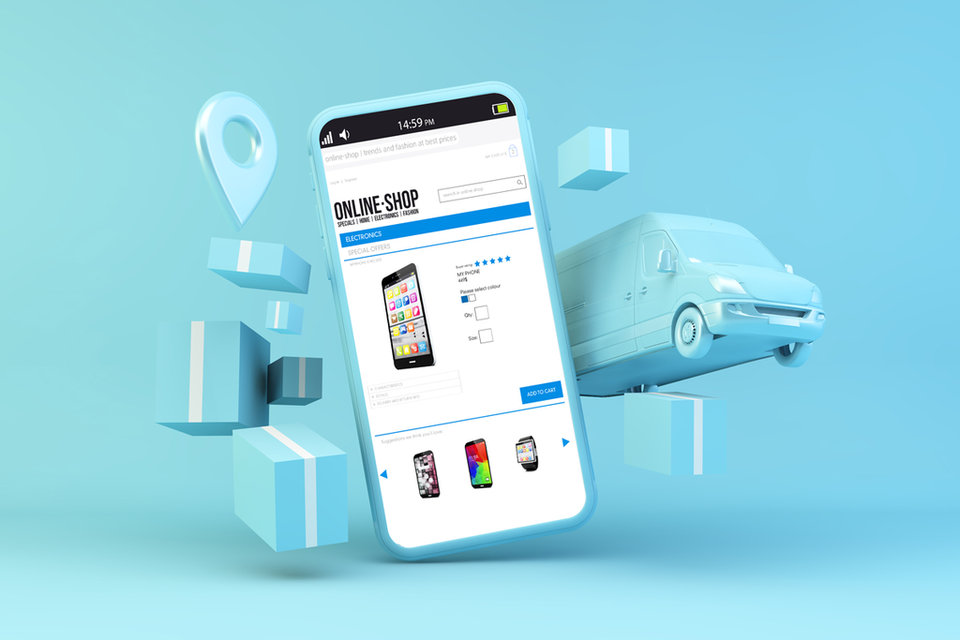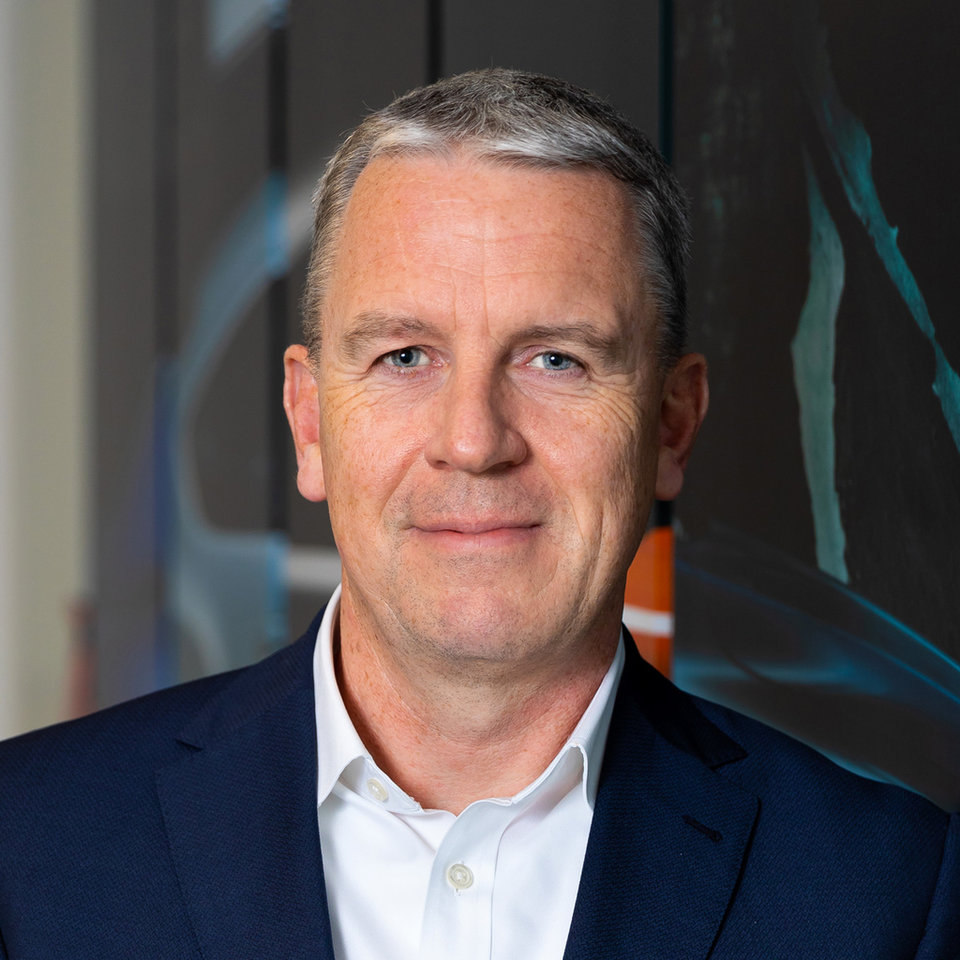Caption. Image:
New Age
Standing still is not an option
Whilst the full impact of the recently concluded Brexit trade negotiations are still to emerge, Mike Todd, chief executive at Volkswagen Financial Services (VWFS), believes that current disruption seen in other areas is also set to influence the automotive retail sector’s future commercial prospects.
Notable changes in consumer and staff behaviours, the accelerated popularity of e-commerce models and the enhanced educational role retailers can play to drive EV take up, are some of the major sector issues that businesses need to solve to ensure they are not left behind.
The future impact of today’s changing behaviours
The Covid-19 experience has caused both staff and consumers to reappraise their priorities, and, in some cases, reassess their outlook and opinion in many areas.
Work/life balance, sustainability and diversity and inclusion in the workplace have become ambitions for companies as well as individuals. And these topics have taken headlines across society as it is beset by the challenges that world events, societal restrictions, as well as financial and health worries, have created.
The automotive retail sector needs to accept that there will be no return post Covid-19 to the old ways and a proactive strategy to further drive flexibility in the workplace, whilst maintaining productivity, will be essential for organisations as restrictions begin to be eased this year and the vaccine roll out does its job of keeping safe in the future.
The pandemic has accelerated consumer acceptance of e-commerce models, meaning that buying online has become a more commonplace and comfortable experience.
At VWFS, we see the flexibility that has been created by the company’s response to Covid-19 pandemic continuing once our offices start to open to more of our colleagues in the future. This will be the same for many other organisations.
Businesses must recognise and understand these shifting times, so they continue to remain relevant and in tune with customer and employee aspiration. The way that people drive, what they drive and how they fund such decisions it is a key part of their lifestyle and must be considered as part of what will be a sustained and fundamental change to the ways in which we both consume and work.

The digital journey is here to stay
The pandemic has without doubt accelerated overall consumer acceptance of e-commerce models, meaning that buying online has become a more commonplace and comfortable experience. Just think of how online has stepped into the void created by shop closures and other restrictions.
This acceptance now also includes accessing the car market and deciding to use online channels for significant purchasing decisions such as vehicles.
Strong evidence points to retailers having adapted well and flexibly to lockdown circumstances. It means despite showroom restrictions, many retail businesses have still been able to provide a strong and personable online service to maintain sales volumes.
Plans to accelerate digital delivery to underpin and further enhance the consumer experience will continue to grow during this year as customers consolidate their increased preference to interact with brands online.
Educate for commercial success
The government’s deadline to outlaw the sale of diesel and petrol engine cars by the end of the decade provides a clear timescale and concentrate industry minds to implement change.
But it also provides additional pressures for manufacturers, retailers, and finance providers for all to guarantee that such a seismic change can be handled in a planned and achievable manner to safeguard future commercial prospects and meet consumer demand.
All stakeholders have significant roles to play in the consumer education process so that customers readily appreciate and understand available and alternative options and more importantly, the benefits of electric vehicles.
The rate of change and disruption across the automotive retail sector is accelerating fast.
As a finance provider that can facilitate consumer access to a still young and growing marketplace, we also recognise that elements such as government policy, wider manufacturing model solutions and infrastructure issues are out of our sphere of influence and in the hands of others.
However, it is important that all touchpoints within the automotive retail sector continue to work within the overall framework to help and support customers on their journey towards electrification and the environmental benefits it will bring.
The rate of change and disruption across the automotive retail sector is accelerating fast. Whether it’s the consequence of unprecedented societal events such as the pandemic, or the natural evolution of services to match changing consumer aspiration and demand, one thing is for certain: standing still is not an option.

Mike Todd, chief executive of Volkswagen Financial Services (VWFS)
Main image credit: DihandraPinheiro / Shutterstock.com